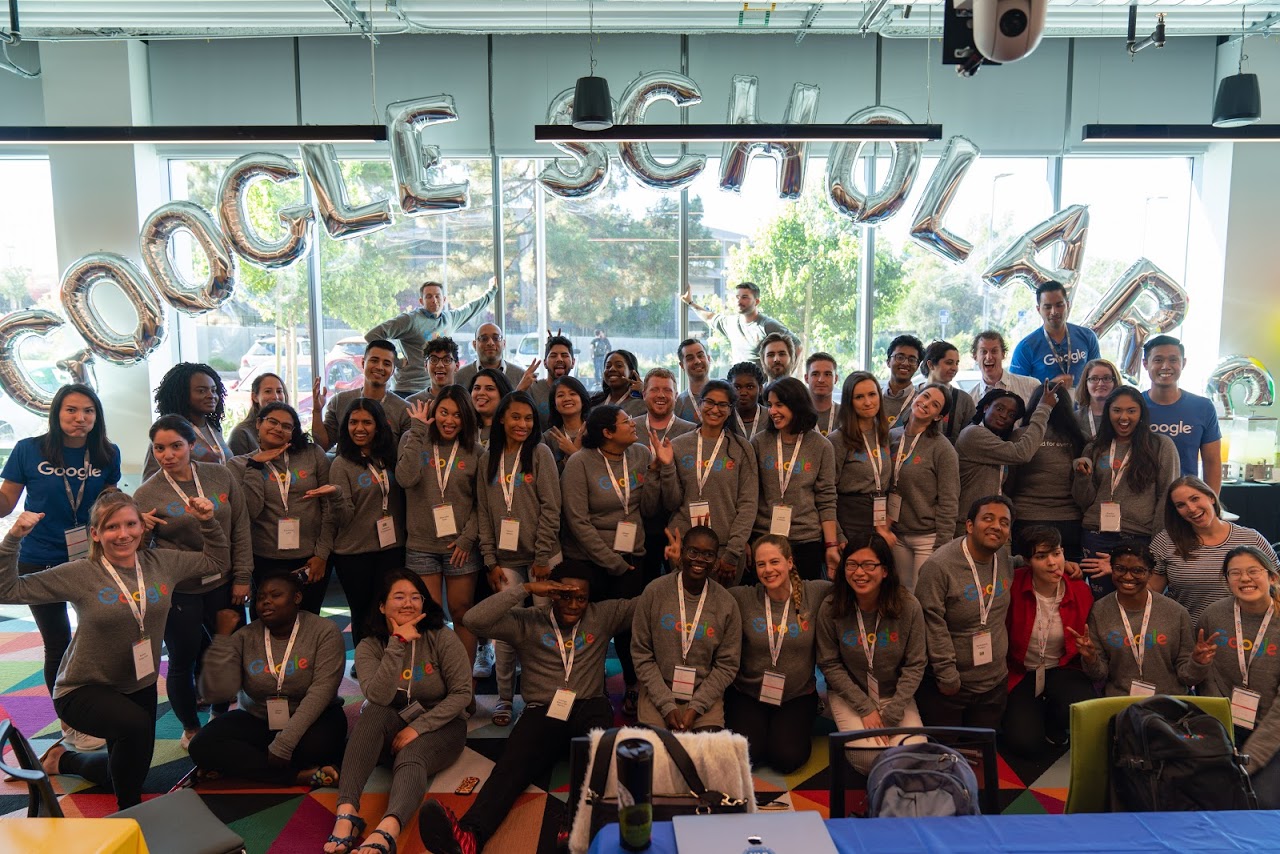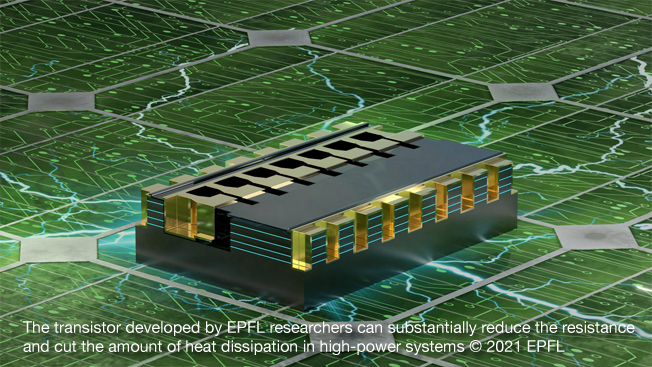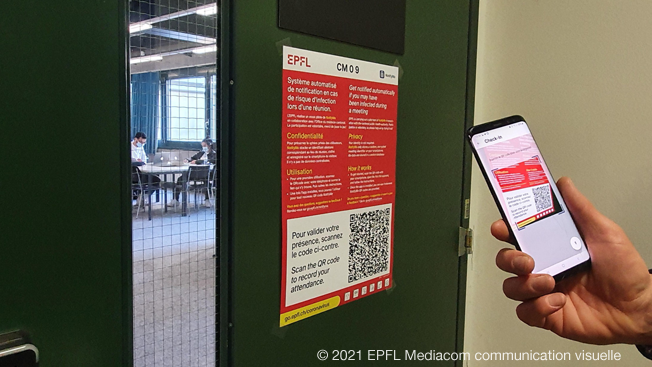Please use this form if you have an EPFL login and password: https://eslweb.epfl.ch/cgi-bin/conference/entry.cgi If you do not have an EPFL login please register your participation here: https://eslweb.epfl.ch/cgi-bin/payonline/inscription.cgi
Read MoreArticles by John
Sustainability Days 2021 Program
DAY 1/2: September 16th, 2021 8:30 – 9:30 Welcome Session 8:30 – 9:20 Registration and Covid verification 9:20 – 9:30 Welcome message from EcoCloud VIDEO LINK: Sessions 1 and 2 Session 1 – Next-Generation Datacenter Technologies Moderator: David Atienza 9:30 – 9:55 Speaker 1 – Bruno Michel, Manager of Smart […]
Read MoreEcoCloud organizes Cloud Sustainability Days 2021
The Cloud Sustainability Days, organised by the EPFL EcoCloud Center, are beginning. LINK TO LIVE COVERAGE PROGRAM Please use the basement entrance: This conference is organised by the EPFL EcoCloud Center for sustainable cloud technologies, with the participation of the Swiss Datacenter Efficiency Association, the EPFL FUSTIC association, members of […]
Read MoreA paradigm shift in virtual memory use: Midgard
Researchers at Ecocloud, the EPFL Center for Sustainable Cloud Computing, have pioneered an innovative approach to implementing virtual memory in data centers, which will greatly increase server efficiency. Virtual Memory has always been a pillar for memory isolation, protection and security in digital platforms. The use of virtual memory is […]
Read MoreGoogle Scholarship for EcoCloud researcher Simla Burcu Harma
Simla Burcu Harma, a researcher on the ColTrain project, has received the Generation Google Scholarship for Women in Computer Science. @SimlaBurcu
Read MoreColTraIn Releases Open-source HBFP Training Emulator
DNN training and inference have similar basic operators but with fundamentally different requirements. The former is throughput bound and relies on high precision floating-point arithmetic for convergence while the latter is latency-bound and tolerant to low-precision arithmetic. Both workloads require high computational capabilities and can benefit from hardware accelerators. The disparity in resource requirements forces datacenter operators to choose between custom accelerators for training and inference or training accelerators for inference.
Read MoreNew Transistor Design Reduces Energy Dissipation in High-power Applications
In their paper, the researchers introduce a nanowire-based device to create high-electron-mobility tri-gate transistors for power-conversion applications. Based on nanoscale structures, the novel transistor design significantly reduces heat loss during the energy conversion process.
Read MoreCan Influencers Sway Public Opinion?
Contrary to expectations, the experiment revealed that the respondents held on to their views firmly, regardless of the celebrity inputs or their esteem in the eyes of the respondents. It was also clear that respondents liked to hear an opinion identical to their own even if it came from a disliked celebrity. Conversely, a dissenting opinion by a celebrity or expert reduced the respondent’s empathy for that person.
Read MoreEPFL’s PowerSGD Algorithm Features in Software Industry
Two EPFL students have developed PowerSGD, an algorithm that allows compression of the needed bandwidth without compromising the accuracy of the training.
Read MoreNew Protocol to Help Prevent Transmission of SARS-CoV-2 Strains
CrowdNotifier, a new protocol developed in part at EPFL. It alerts people who attended an event where there was a risk of COVID-19 infection.
Read More







